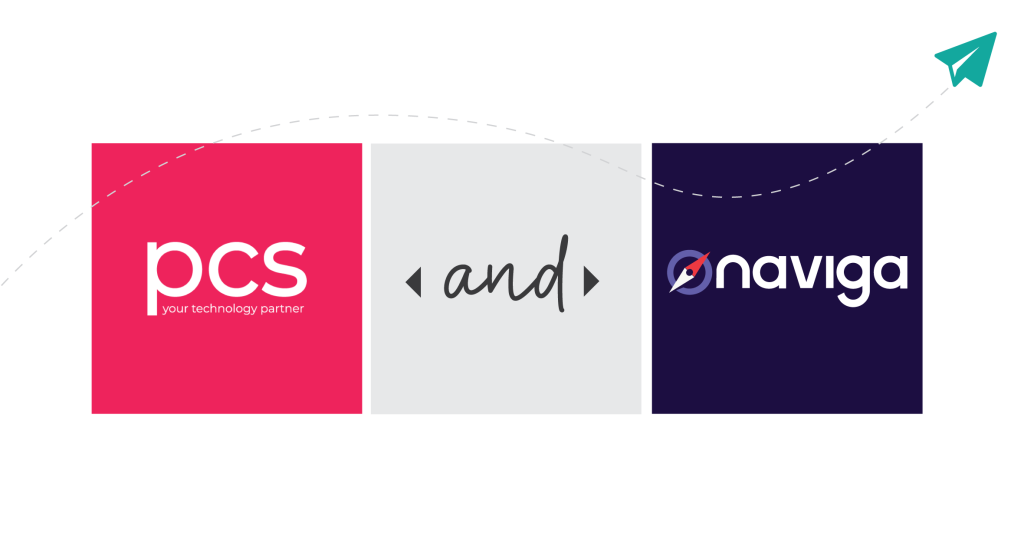
Publishers love change.
Whether it’s a new prime minister, the latest trend to hit the catwalk or a fresh face on a reality TV show. There is nothing like the buzz of knowing you are keeping your readers bang up to date. Even the change in the seasons brings with it interesting news stories, from cars getting stuck in the snow in February to baking temperatures on our beaches in August. Also, publishers strive to make their own changes to the world with campaigns to keep post offices open, supporting food banks, backing small British businesses and tackling air pollution to name just a few. The only time publishers are not so thrilled with change, is when it happens within their own industry.
Publishing is an industry that is constantly evolving – and the change has been particularly fast over the last couple of decades. It doesn’t seem that long ago that photographers had to disappear into the darkroom to produce a decent picture, and editorial staff would be sifting through dozens of letters and faxes in the hope of finding a newsworthy story.

Today photographers are uploading pictures straight onto websites and reporters are doing live reports from football stands, crime spots, and election counts. Also, you would be hard pushed to find a magazine writer that isn’t tweeting from the latest show – whether its Crufts or Sewing for Pleasure, they have their finger firmly on the pulse.
Any changes in politics, fashion, celebrity gossip, and local news can be delivered instantly to readers. It’s no wonder some publishers feel like they are always playing catch-up.
The pressure to make money from print-only subscribers is a thing of the past and today digital revenue is just as important, if not more so, but it comes with its own challenges and opportunities. Here at PCS, we wanted to get inside the heads of publishers across the country to find out how they feel about their current income from digital sources, and what their plans are for the future.
Our recent survey – Challenges and Opportunities of Digital Revenue, had an excellent response, with feedback from 62 news and magazine publishers, both big and small. And here are the findings:
1) Digital is on the up: No surprise here as publishing companies revealed they are just as likely to be producing and selling digital forms of their news and advertising, as they are to be printing it. We are now in an age where practically every industry, from banking and retail to aeroplanes and the NHS, is providing intelligent digital experiences – and publishing is taking huge leaps in this exciting era. Our survey showed that digital revenue is rising all the time and is expected to contribute to half a publisher’s income by 2022.
2) Top challenges for publishers: We all like a good challenge – maybe tackling an expert-level Sudoku while on the train or trying to beat your whizz-kid nephew at the Rubik’s Cube. However, there is a fine line between enjoying a challenge and getting to the point where you feel like you’re banging your head against a brick wall. Publisher’s told us that trying to get their audience to appreciate the value of online content was their biggest headache. Magazines and newspapers are battling with a range of platforms when it comes to getting news out to their readers. By standing their ground as a trusted source, among an internet filled with charlatans, they will have readers returning to them to get honest and up-to-date news.
3) A shift in strategy: Competition from a variety of digital platforms means publishers constantly have to analyse their performance and experiment with new strategies. In this world, there is no such thing as failure. It is purely a learning experience to find out what readers want, and expect, from your digital output. So, whether your next strategy is to introduce a paywall or look at adverting through non-digital channels there is no silver bullet solution. By keeping an open mind and learning from your peers you can take massive steps forward. When it comes to other publishers, focussing on collaboration rather than competition means the industry as a whole will thrive.
4) What’s your rating: This is a tough one, as no one likes to rate themselves or their performance. That is unless you are pulled in by one of the crazy surveys on Facebook to find out how good a friend you are, how good looking you are and even how magical you would be if you were a unicorn. We asked publishers to rate their approach to generating revenue from digital channels and content – and it wasn’t pretty. Ok, so the majority said they were average, followed up by those who thought they were good. But guess how many thought they were excellent? That’s right, a big fat zilch!
Conclusion

So, what have we learned from our survey? Well, publishers know they need to change to stay ahead of the game – and they are keen to embrace the different strategies out there for generating digital revenue. Respondents said they were looking at experimenting with different strategies to generate revenue. One revealed they would consider featuring digital versions of print titles on popular apps such as Readly. Others said they would go for awards and accreditations, direct mail initiatives and digital advertising campaigns.
At PCS we know from our 46 years of experience that having the right tools in place is more likely to turn an average result into an excellent one. Publishers shouldn’t settle for poor results – there are tools that can increase their digital revenue without the current system needing a complete overhaul. Having the right tools and structure to implement the strategies successfully is what will take those exciting ideas from vision to action.
The publishing world is constantly changing, and publishers are working hard to ensure they change with it by offering their readers unique experiences, that they can’t find anywhere else.





